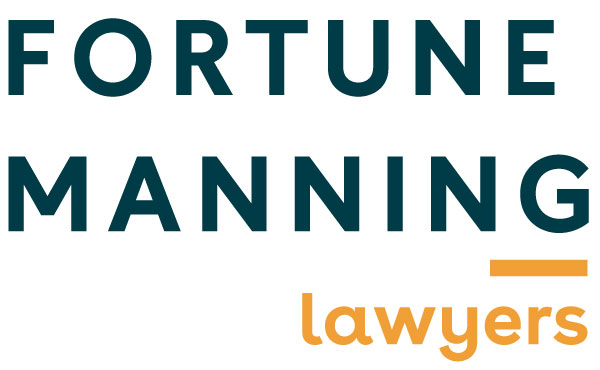This checklist is put together by:
Tony Fortune, a partner specialising in Trust matters at Fortune Manning
Michael Humphries, chartered accountant of Humphries Associates Limited, and
Murray Weatherston, financial planner of Financial Focus (NZ) Limited
Checklist
Review the Basics
- Trust deed
- Will(s)
- Wishes
- Enduring powers of attorney
- Law changes effecting trust deed.
- Has the initial settlement been made (often $10)?
- Have acknowledgements of debt been completed for all asset transfers to the trust?– If joint settlors are debts split evenly between them?
- Were opening minutes completed?
- Were minutes completed at last review?
- Trust bank account:
- Check to ensure no intermingling with personal accounts.
- Ensure all trustees signatories?
- When to review:
- (a) at gifting?
- (b) within 6 months of 31 March?
- (c) at tax return/accounts completion?
Identifying Changes Since Last Review
- When are next gifts due from settlors?
- Record reductions in debts? Further advances?
- Debt reduction deed and gift statement required.
- Changes in beneficiary circumstances:
- change in wishes?
- change in wills?
Annual Accounts
- When are annual accounts required?
- Does the trust need an IRD number
- What is included in the annual accounts:
- (a) Statement of financial performance
- (b) Statement of financial position
- (c) Investment and income schedules
- Record keeping
Taxation
- When is a tax return required? – When is it due to be filed?
- When does tax have to be paid?
- GST issues – deemed registration?
- Depreciation rules
- Interest – deductibility
- Penalties regime
Allocating Trust Income
- Beneficiary income – must be allocated by 30 September
- Trustee income
- Charitable donations
- Beneficiaries account – debt payable on demand
- Capital versus income distributions – qualifiying trust
Investment Review
- The Prudent Person Rule
- A written investment policy:
- (a) Objectives
- (b) What asset classes will the trust invest in
- (c) Asset allocation
- A review at regular intervals (at least annually in conjunction with accepting the financial accounts):
- (a) How has the portfolio performed
- (b) Rebalancing asset classes
- (c) Changing specific investments
- (d) Minute decisions
Trustee Minutes
- At least annually
- Summarise for previous period:
- (a) activity in investments.
- (b) investment review
- (c) income allocation
- (d) distribution policy
- For the following period (if known or planned):
- (a) outline anticipated distribution policy
- (b) identify anticipated investment changes


